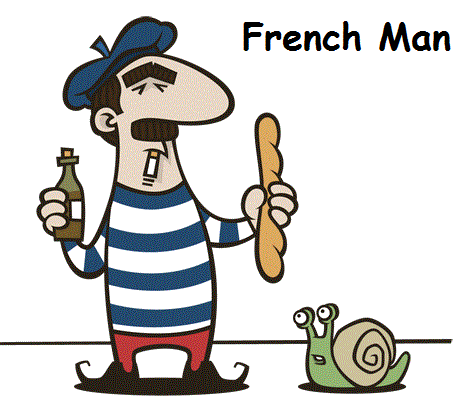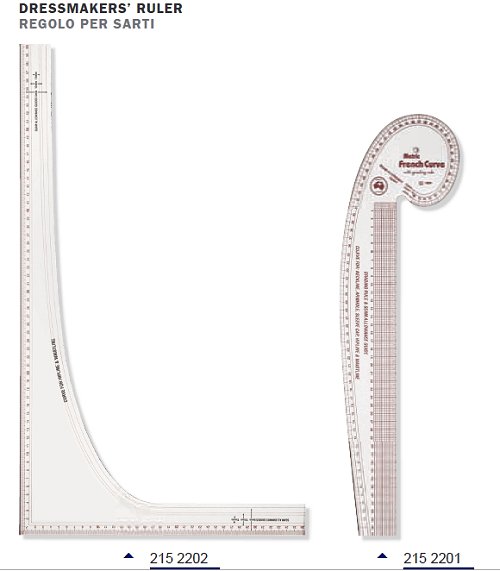Show messages:
1-20
21-40
41-44
From: bemfarmer
Looked into unwrap for a cone, and used MoI to make a sketch of some of the mathematics.
Unwrap gives the circumference length of a circle. Flow of the unwrap line to a circle with the slant height radius "s" creates the unwrapped base.
The formulas are also said to work for cylinders. The conical frustrum is a cone with the "top" cut off.
Two references are archaeological. The papers are free on the internet.
Unwrapping Highly-Detailed 3D Meshed of
Rotationally Symmetric Man-Made Objects
Bastian Rieck, Hubert Mara, and Susanne Kr..omker
Rollouts of Fine Ware Pottery using High Resolution 3D Meshes
S. Bechtold and S. Krömker and H. Mara and B. Kratzmüller
Unwrapping Curves from Cylinders and Cones
Tom M. Apostol and Mamikon A. Mnatsakanian
May try to do a script.
- Brian

Image Attachments:
 ConeAndConicalFrustrum.PNG
ConeAndConicalFrustrum.PNG
From: DannyT (DANTAS)
Hi Brian,
Very cool! a script would be an interesting project, meanwhile here's the method I was taught whilst training as a draughtsman on the drawing board way way back, it's the graphical method.
If anyone needs more detail I can make a video.

Cheers
Image Attachments:
 Unwrap cone graphically.JPG
Unwrap cone graphically.JPG
From: DannyT (DANTAS)
Unwrapping truncated cone solution, again using the graphical method.

Cheers
Image Attachments:
 Unwrap truncated cone graphically.JPG
Unwrap truncated cone graphically.JPG
From: BurrMan
Here's me....
From: bemfarmer
Thanks Danny.
Excellent graphical method. Should help doing a script.
So the apex of the cone is a single point for both wrapped and unwrapped objects.
The apex is obtainable by user selection for a cone, or by intersection for a frustrum or some other
portion of a cone.
I wonder what portion of a cone, or truncated cone, can be extracted by MoI, just by selecting the whole cone.
There is the "seam," the base radius and/or circle, maybe the apex, edges, heights...
Or else have the user select the different parts...
Handles curves on the cone.
I'd like to try and use MoI Nurbs commands as much as possible, and be able to apply it to cone-like objects?
Also apply it to intersections with other shapes, like pipe ducts?
But first, just handle the basic shapes.
- Brian
From: Frenchy Pilou (PILOU)
@Danny
About the "troncated" Method
Does the "blue curve" is building by "Nurbs" curves along the intersections of the gride ?
How are the nature of the extremities of this curve ? No tangent, tangent,...
From: bemfarmer
Miscellaneous Curves on a cone can be mapped to an unwrapped version.
I do not know how this mapping would be done with NURBS, but imagine that there would be mathematical
equations to do so?
- Brian
From: Michael Gibson
Hi Brian,
> I do not know how this mapping would be done with NURBS, but imagine that
> there would be mathematical equations to do so?
There often isn't a simple exact NURBS curve result for calculations like this, instead usually it's a matter of sampling points and fitting a curve through those points, using enough sample points until the fit result is within a good enough tolerance of the "ideal" procedurally defined result.
- Michael
From: Frenchy Pilou (PILOU)
Unwrap curve + Function Flow can't make that automatically ? :)
From: DannyT (DANTAS)
Hi Pilou,
> Does the "blue curve" is building by "Nurbs" curves along the intersections of the gride ?
Yes, I used Freeform curve through points.
> How are the nature of the extremities of this curve ? No tangent, tangent,...
I don't know I'll have to check it was something I did quickly without checking tangency, back in the day of the drawing board we used French Curves to draw through the intersection points.
-
From: Michael Gibson
Hi Pilou,
> Unwrap curve + Function Flow can't make that automatically ? :)
Unwrap curve makes lines, not arcs... So no that won't quite do the exact same job.
- Michael
From: Karsten (KMRQUS)
Hello DannyT,
I've made some experiments with the flow command. And it looks like that it works (I don't really checked it allready) . The important point is how the target surface is created. I've made it with the sweep with two arcs as rails (so it works only with truncated???- sorry about my english). So the U_V-parameters of the cone should be mapped to this targed.
Kind regards
Karsten
p.s.:Great software!!!
Attachments:
 unwrap-cone.3dm
unwrap-cone.3dm
From: Frenchy Pilou (PILOU)
Cool Flow method! ;)
But Original Cone's edge is 13.4164079
Plan cone's Edge unwrap result is 13.4100000
Does this acceptable ?
I am always amazed that tools are named "French curves"! Have you some some info about that ?
In France we name these tool "Pistolet" (pistol, gun in English) or "Perroquet" (parot in English)

From: DannyT (DANTAS)
@ Burr, great method! nice video demo dude.
I'm still laughing when you said
"I can't really follow that stuff, I've lost my mind"
Cheers
From: DannyT (DANTAS)
Hi Karsten,
> I've made some experiments with the flow command.
I like your method with flow it's very close.
Cheers
From: DannyT (DANTAS)
Hi Pilou,
> I am always amazed that tools are named "French curves"!
That's what us English speaking Designers and Draughtsmen have always known them as
http://en.wikipedia.org/wiki/French_curve.
There are flexible curves as well, which came later
http://tinyurl.com/pzdbm2t
Cheers
From: Frenchy Pilou (PILOU)
Yes but I never find something about this curious origin of this particular name! :)
maybe the snail'shell curvature ? :)
A big mystery for me! :)

From: Mauro (M-DYNAMICS)
In Italy we call it -Curvilineo-
This tool to draw curves was used by taylors from long,long time

Actually they are still using to make or modify models or create shapes and angles of the body
There is a French curve (Curvilineo spalla-shoulder) to make upper part of the body(holes for neck,arms and belly)
there is also a Hip curve (Curvilineo fianchi-hips) to make lower part of the body (skirts,trousers)
Maybe...i say maybe...this taylor's tool was called French curves like a tribute to France..being,in the past,wordwide reference of fashion
Pardon monsieur Pilou,but nowadays references of fashion are changed,so.....we could call it "Italian curve" ;) :) :)
From: Frenchy Pilou (PILOU)
Maybe a cool explanation! :)
But want some proof of that!
else some italian curves ;)
From
George L. Legendre’s book, Pasta by Design, provides the gourmet geometry behind a wide range of different pasta shapes from across Italy.
You’ll never look at Spaghetti Bolognese the same way again.



From: BurrMan
@Danny,
""""""I'm still laughing""""""""
:)
Thanks, that method is a result of a discussion here with Miguel Gibseone.......
Show messages:
1-20
21-40
41-44
![]() ConeAndConicalFrustrum.PNG
ConeAndConicalFrustrum.PNG
![]() Unwrap cone graphically.JPG
Unwrap cone graphically.JPG
![]() Unwrap truncated cone graphically.JPG
Unwrap truncated cone graphically.JPG
![]() unwrap-cone.3dm
unwrap-cone.3dm




